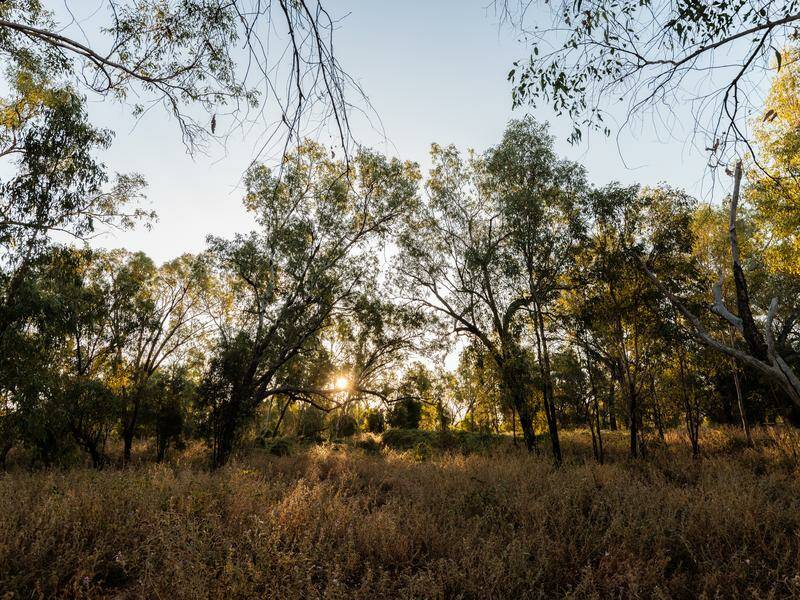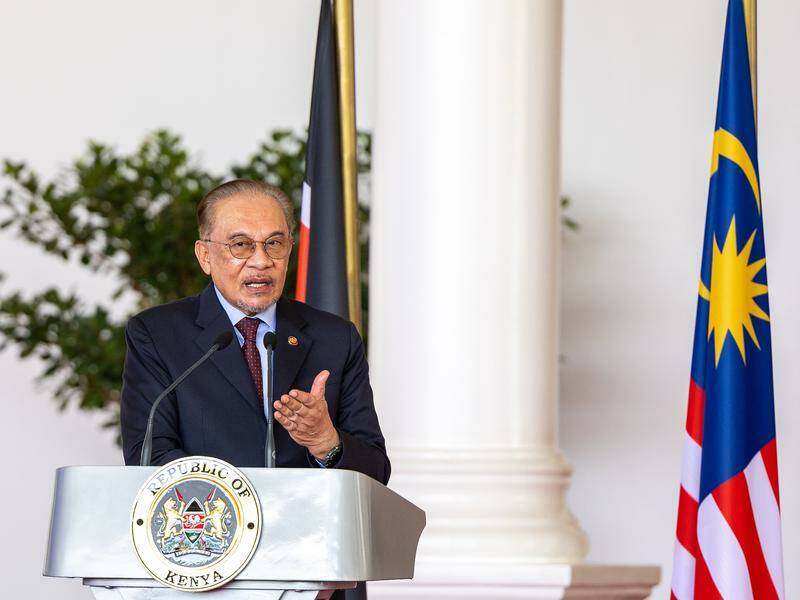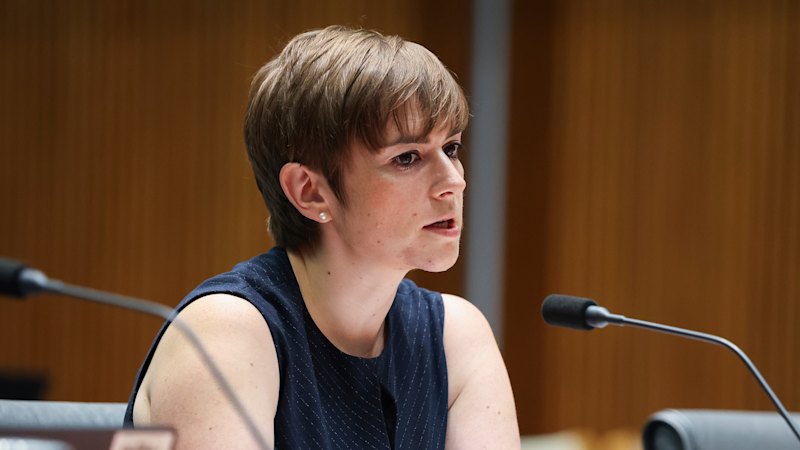
URGENT UPDATE: Australia is on the brink of major environmental reform as a pivotal deal between the Labor Party and the Greens is set to pass parliament. The historic reforms aim to significantly clamp down on the native forest logging industry while streamlining approvals for critical housing, energy, and infrastructure projects.
This breakthrough comes after intense negotiations, with the Greens finally lending their support following crucial last-minute amendments to the legislation. Prime Minister Anthony Albanese hailed the reforms as a “win-win,” designed to safeguard Australia’s natural treasures while fostering business growth.
Key changes include the establishment of a new National Environment Protection Agency, which will begin operations in July 2026. This agency will enforce stricter environmental rules, particularly targeting high-risk land clearing and native forest logging. Projects, excluding fossil fuel developments, will now benefit from expedited approval processes.
However, the reforms have drawn criticism from various sectors. Business groups, who previously lobbied for changes, expressed concerns regarding a measure allowing the environment minister to block projects deemed to have an “unacceptable impact.” The final bill has clarified this term, but skepticism remains.
Business Council of Australia chief executive Bran Black acknowledged the progress but remarked, “We consider that this is a missed opportunity to deliver the type of transformational economic reform that our country needs right now.”
Opposition Leader Sussan Ley stated that her party had been negotiating until late Wednesday night, asserting that the Labor Party was unyielding in its stance. Albanese countered, claiming shifting demands from the coalition made it impossible to reach a compromise.
Former Australian Competition and Consumer Commission chief Graeme Samuel, who played a pivotal role in the review leading to these reforms, commented positively on the outcome but warned that changes to native forest regulations could lead to job losses. He mentioned a $300 million fund to help modernize the affected sectors as a mitigating factor.
As the opposition blasted the deal, claiming it would harm businesses and drive investment away, Susan McDonald, opposition resources spokeswoman, described it as a “dark day” for primary producers. The gas industry echoed these concerns, labeling the reforms as a politically motivated compromise that threatens energy prices and investment.
In a compelling show of determination, Greens leader Larissa Waters expressed pride in the agreement, stating, “The Greens are determined to get things done,” despite not securing every demand during the discussions.
With this legislation poised for passage, the implications for Australia’s environmental landscape—and the economy—are profound. Stakeholders are now watching closely as the bill moves forward, marking a significant shift in the balance between environmental protection and economic development.
Stay tuned as this developing story unfolds.






